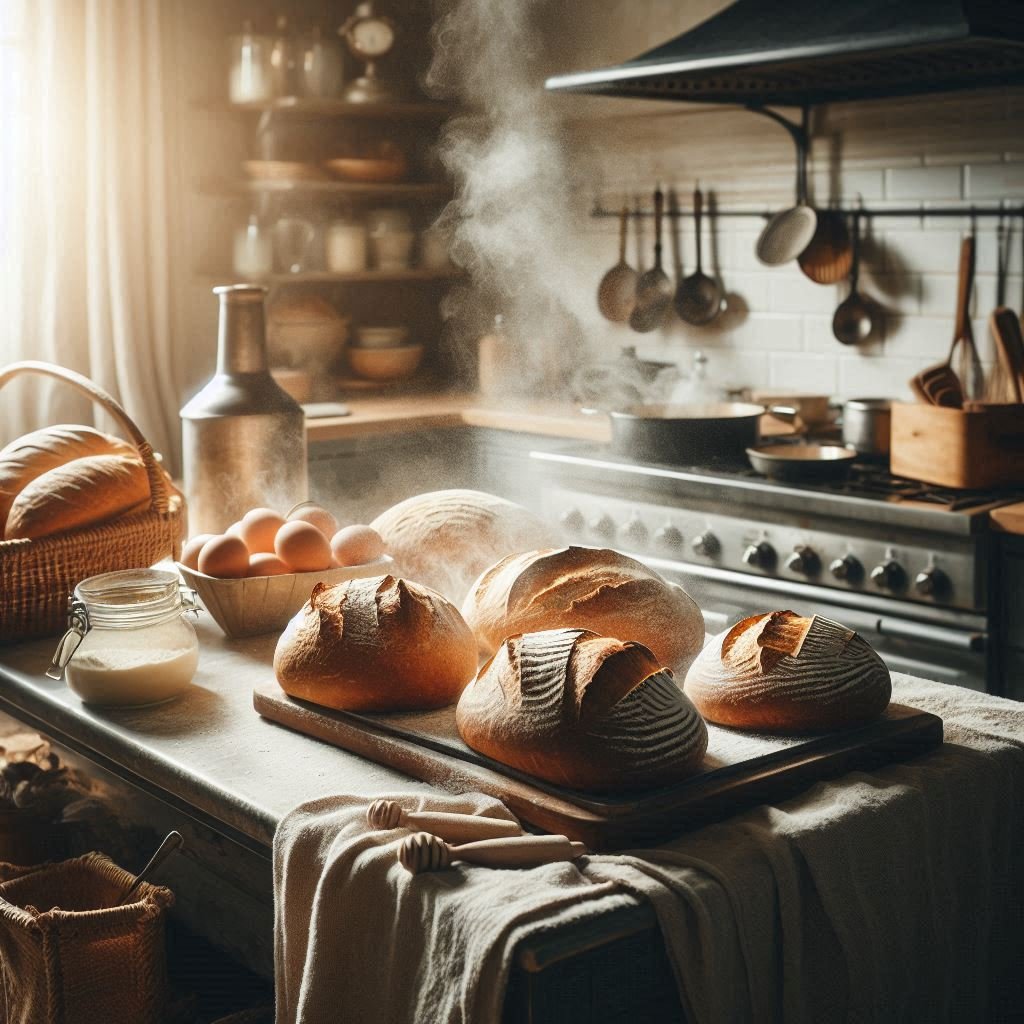Cooking can bring immense joy and satisfaction, but it often comes with the unintended side effect of lingering odors that permeate throughout your home, especially upstairs. The last thing you want is for those delicious aromas to invade your bedrooms or living spaces, creating a less-than-pleasant environment. Fortunately, there are several effective strategies you can employ to prevent cooking smells from wafting upstairs. In this blog post, we’ll explore some practical tips and techniques to stop cooking smells from going upstairs .
Utilize Proper Ventilation:
One of the key factors in preventing cooking odors from spreading upstairs is ensuring adequate ventilation in your kitchen. An efficient range hood or exhaust fan positioned directly above your stove can effectively capture and expel the cooking smells, directing them outside rather than allowing them to rise through your home. Make sure your exhaust fan is clean and functioning optimally to achieve the best results.
Close Doors and Windows:
Before you start cooking, close all doors leading to your upstairs areas. This simple step creates a barrier that limits the movement of smells to the lower level. Additionally, close any windows nearby to prevent outside air currents from carrying odors upwards.
Create a Cross-Flow Ventilation System:
If feasible, open windows or doors on the lower level of your home opposite the kitchen area. By doing so, you can create a cross-flow ventilation system that allows fresh air to enter while pushing the cooking odors away from the upstairs rooms. This technique helps in redirecting the airflow and minimizing the chances of smells making their way upstairs.
Cook with Lid Covers:
When cooking on the stovetop, utilize lid covers for your pots and pans whenever possible. By covering your cooking vessels, you contain the majority of the aromas within them, significantly reducing the release of odors into the air. This method is particularly effective for dishes that require simmering or slow cooking, as it helps to trap the flavors and prevent them from escaping.
Use Natural Air Purifiers:
Several natural air purifiers can help neutralize cooking smells and freshen the air in your home. Placing bowls of vinegar, baking soda, or activated charcoal around your kitchen can absorb unwanted odors. Additionally, you can simmer aromatic ingredients like cinnamon sticks, citrus peels, or herbs in a pot of water on the stove to create a pleasant fragrance that counteracts cooking smells.
Clean and Maintain Your Kitchen:
Regularly clean your kitchen surfaces, appliances, and utensils to eliminate any lingering odors. Grease and food particles can accumulate over time and contribute to persistent smells. Pay extra attention to your stovetop, oven, and microwave, as these areas are most likely to harbor strong cooking odors. Use mild cleaning agents and ensure proper ventilation during the cleaning process.
Invest in Air Purifiers:
Consider investing in high-quality air purifiers equipped with activated carbon or HEPA filters. These devices can effectively capture and eliminate airborne particles and odors, ensuring a fresh and clean environment in your upstairs areas. Place the air purifiers strategically in rooms adjacent to the kitchen or in common spaces where odors tend to linger.
Use Scented Candles or Essential Oils:
To mask any lingering cooking odors, utilize scented candles or essential oils in the upstairs rooms. Choose fragrances that complement or overpower the cooking smells, creating a more pleasant ambiance. Popular options include citrus, lavender, or vanilla scents, which can effectively neutralize or mask unwanted odors.
Seal Off Gaps and Cracks:
Inspect your kitchen and the surrounding areas for any gaps or cracks that may serve as entry points for odors to travel upstairs. Seal these openings using weatherstripping or caulk to create a barrier and prevent the migration of cooking smells. Pay attention to areas around windows, doors, vents, and utility penetrations.
Remember, it’s important to strike a balance between minimizing cooking smells and ensuring proper ventilation in your kitchen. While these tips can significantly reduce odors from spreading upstairs, it’s also essential to allow fresh air circulation to maintain a healthy and comfortable environment.
By implementing these practical strategies, you can stop cooking smells from going upstairs and can enjoy the delightful experience of cooking. Keep your home fresh, inviting, and free from cooking odors, creating an atmosphere where everyone can relax and enjoy their time together.

